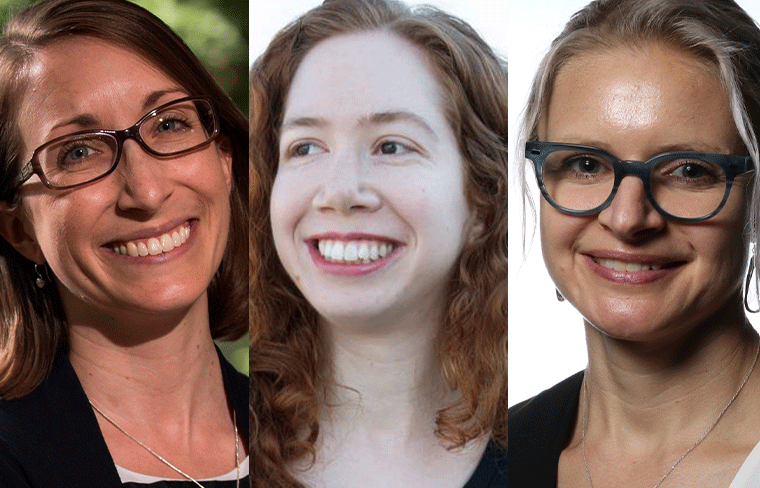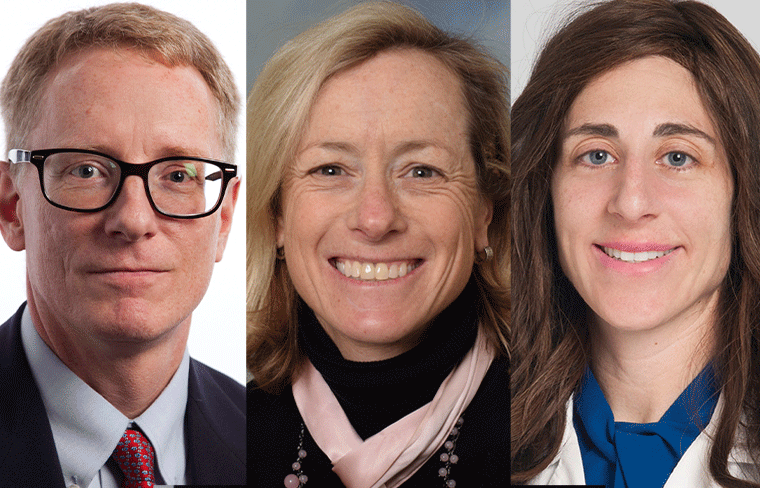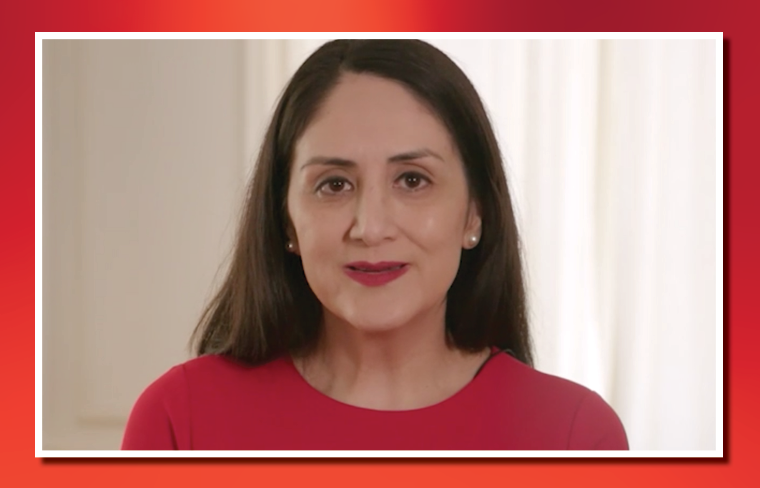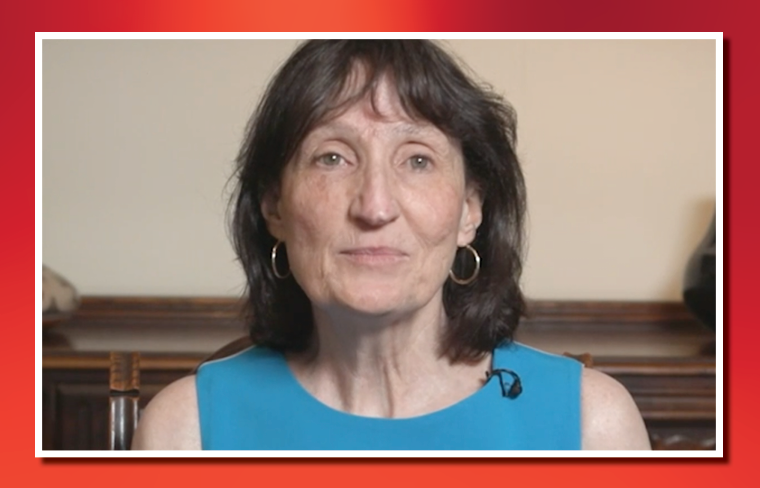-
Technology brings rapid changes to diabetes education and care
Kelly M. Rawlings, MS, and Marci Butcher, RD, LN, CDCES, FADCES, will discuss digital health and diabetes support in a two-hour symposium Monday afternoon.
-
Panelists to examine behavioral and psychosocial aspects of diabetes tech
Maureen Monaghan, PhD, CDCES, Samantha Kleinberg, PhD, and Jennifer Raymond, MD, MCR, will offer insight into navigating the diabetes digital landscape.
-
T cell research may pave the way for diabetes immunotherapy
An expert panel including Kathryn Haskins, PhD, Teresa P. DiLorenzo, PhD, and Megan K. Levins, PhD, will discuss the past, present, and future of T cells in diabetes treatment.
-
Public health experts will review environmental factors that contribute to diabetes, obesity
Carlos A. Monteiro, MD, PhD, will share data on the effects of ultraprocessed foods, while Sung Kyun Park, ScD, MPH, will provide data on per- and polyfluoroalkyl substances.
-
Despite new findings, questions persist about cause and consequences of neonatal hypoglycemia
Raghavendra Rao, MD, Charles Stanley, MD, Sarbattama Sen, MD, and Paul Rozance, MD, will address whether neonatal hypoglycemia is overdiagnosed or underestimated in this symposium.
-
Experts will weigh benefits, challenges of type 1 diabetes screening
A joint symposium of the ADA and the International Society for Pediatric and Adolescent Diabetes featuring Richard A. Oram, MD, PhD, and R. Brett McQueen, PhD, will consider general population screening versus targeted screening.
-
Session will outline practical steps for effective use of CGM in primary care
The data from continuous glucose monitoring devices can help patients make more informed decisions on lifestyle modifications, insulin dosing, and meal planning. Thomas W. Martens, MD, Dana Gershenoff, MS, RD, CDCES, and Diana Isaacs, PharmD, BCPS, BCACP, BC-ADM, CDCES, FADCES, FCCP, explain how.
-
Pandemic highlights ‘epidemic’ of inequities facing youth with diabetes, says ADA President, Health Care & Education
In her address Saturday, ADA President, Health Care & Education, Cynthia E. Muñoz, PhD, MPH, discussed how the ADA is addressing systemic health care disparities among children with diabetes.
-
Outstanding Educator award honors READY-Girls program creator
Award recipient Denise Charron-Prochownik, PhD, RN, CPNP, recounted the 30-year history of Reproductive-health Education and Awareness of Diabetes in Youth for Girls. The program reinforces health care provider education and counseling.
-
Although incomplete, data indicate strong link between diabetes and COVID-19
The ADA Diabetes Care Symposium, with speakers Edward W. Gregg, PhD, and Linda DiMeglio, MD, MPH, focused on minimizing risks for people with diabetes during the pandemic. This population accounts for 30% to 40% of hospitalized COVID-19 patients.











